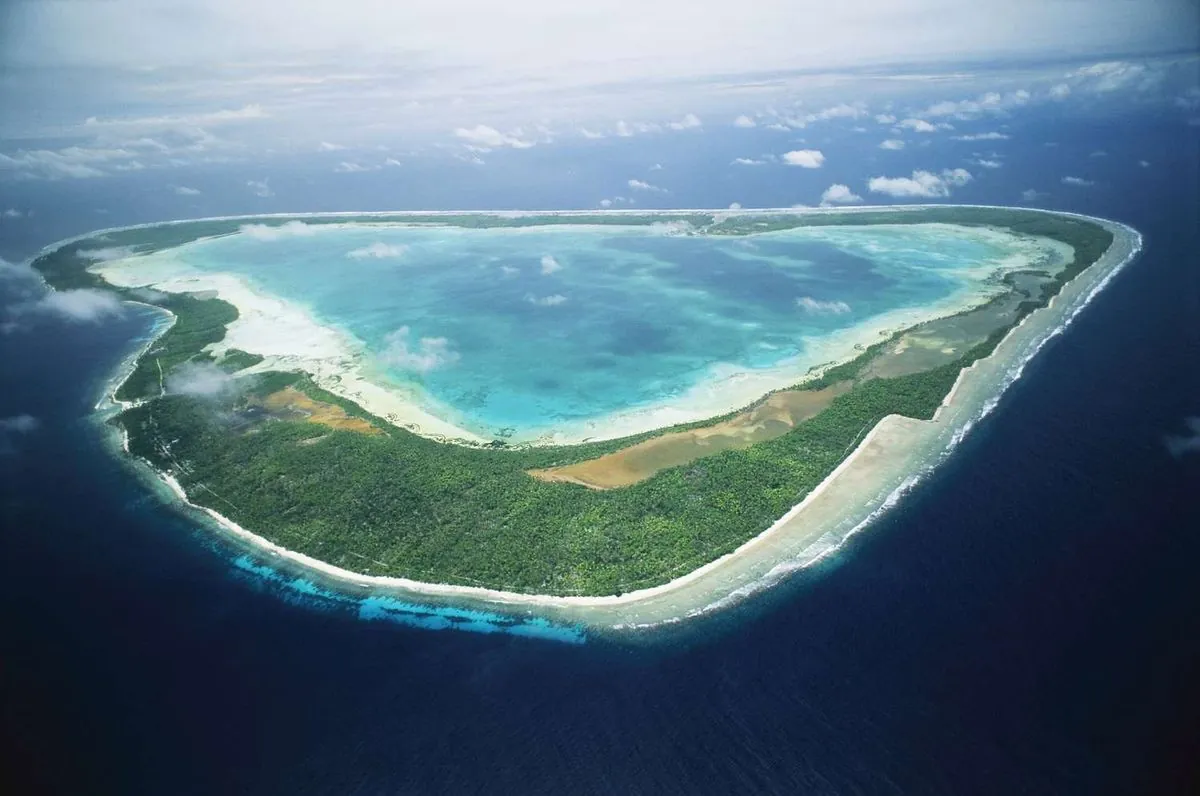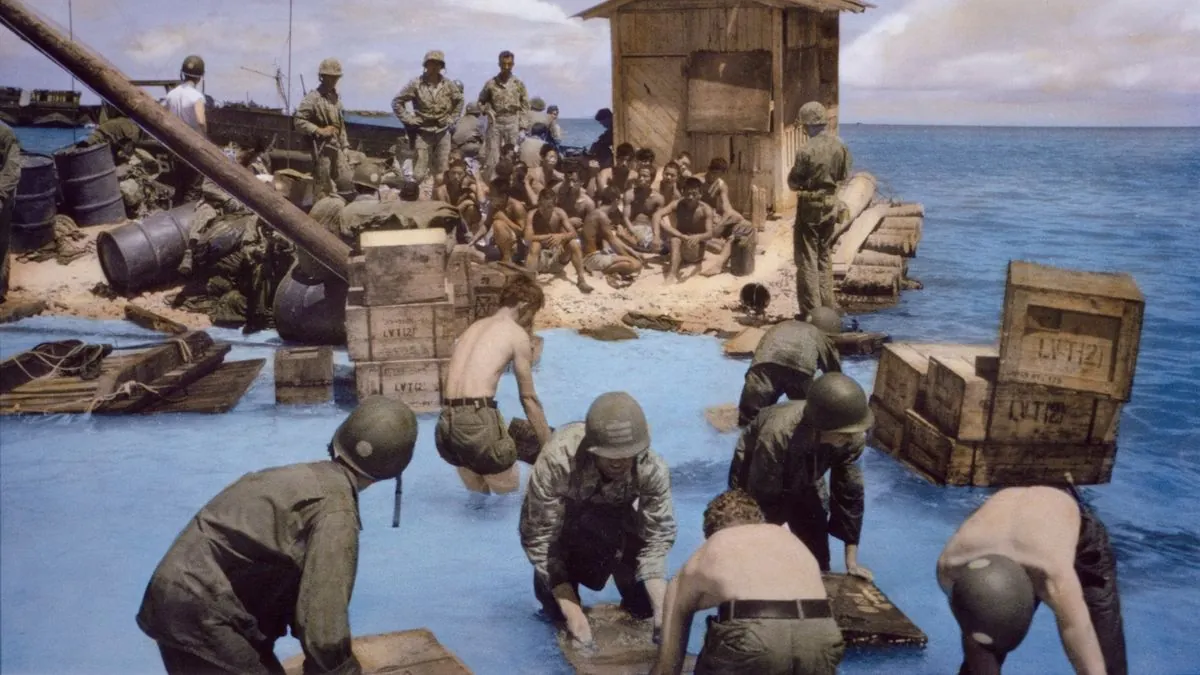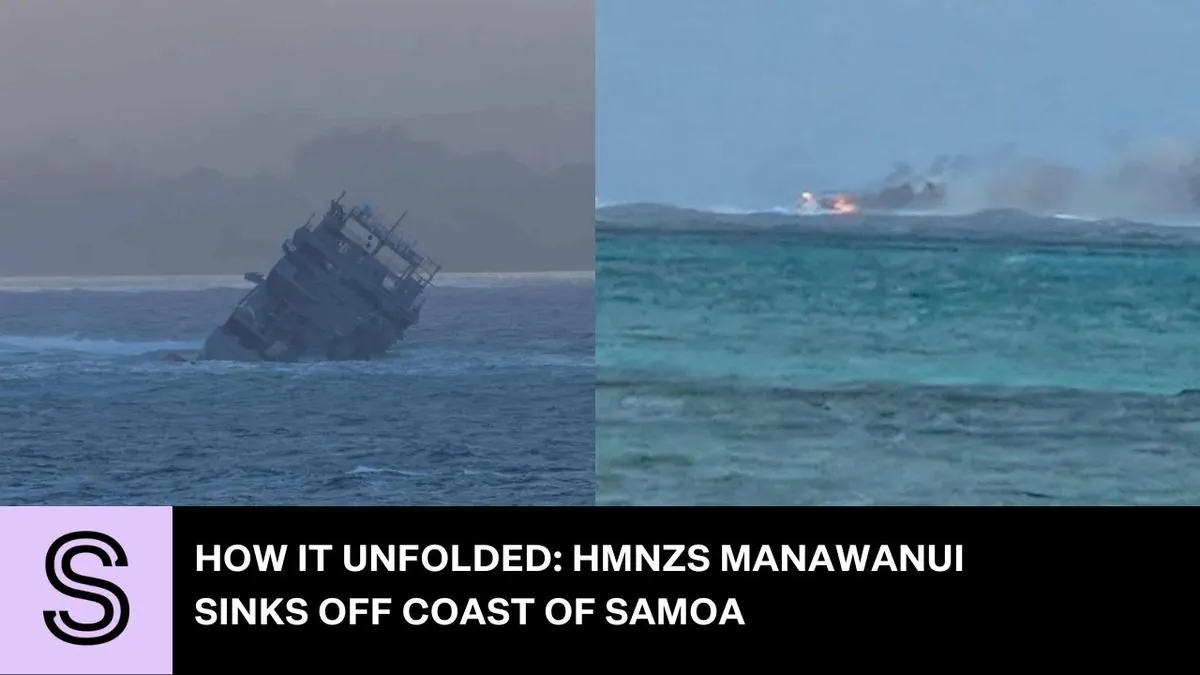Kiribati Criticizes China's ICBM Test in Pacific, Calls for Peace
Kiribati, a Pacific Island nation, expresses rare disapproval of China's recent ICBM test in the region. The country emphasizes the importance of the Pacific and calls for an end to weapons testing to maintain global stability.

The Pacific Island nation of Kiribati has recently voiced its disapproval of China's intercontinental ballistic missile (ICBM) test conducted in the Pacific Ocean. This rare criticism from the small island state highlights the growing tensions in the region and the complex relationships between Pacific nations and global powers.
Kiribati, a sovereign state consisting of 32 atolls and one raised coral island, has expressed concern over the ICBM launch that took place on September 25, 2024. The nation, with a population of approximately 120,000, emphasized that the Pacific is not composed of "isolated pockets of ocean" but is an integral part of what they refer to as the "Blue Pacific Continent."
"Kiribati does not welcome China's recent ICBM test. The high seas in the Pacific are not isolated pockets of oceans, they are part of our Blue Pacific Continent and are parts of Kiribati and therefore we appeal to all countries involved in weapon testing to stop these acts to maintain world peace and stability."
The criticism is particularly noteworthy given Kiribati's close ties with China in recent years. Since switching diplomatic recognition from Taiwan to China in 2019, Kiribati has developed a strong relationship with Beijing, including hosting Chinese police and discussing the potential redevelopment of a disused U.S. World War Two airfield.

Despite these ties, Kiribati was not notified about the missile launch by China. The Chinese Embassy reportedly informed Kiribati that there was no need for alert as the test was not intended to target any Pacific country. However, this explanation did not satisfy the island nation's concerns.
The ICBM test has also raised alarms among other Pacific nations. Fiji, Australia, and New Zealand have expressed their apprehension about the launch. This collective concern underscores the strategic importance of the Pacific region, which has become a focal point of competition between China and the United States in recent years.
Kiribati's stance reflects the broader perspective of the Pacific Islands Forum, an intergovernmental organization comprising 18 member states. Despite their small land size, these nations collectively control a vast maritime zone, which they have declared a nuclear-free zone decades ago.
The timing of this criticism is significant, as Kiribati prepares for a presidential election later this month. All four candidates in the running are from the incumbent Taneti Maamau's Tobwaan Kiribati Party. Opposition leader Tessie Lambourne has voiced concerns about Maamau's close relationship with China and the absence of opposition candidates in the presidential race.
As a nation spanning all four hemispheres and straddling both the equator and the 180th meridian, Kiribati faces unique challenges. The country's land area is only 811 square kilometers, but its Exclusive Economic Zone covers an impressive 3.5 million square kilometers. This vast ocean territory underscores the importance of maritime issues for the nation.
Kiribati's criticism of the ICBM test also highlights the broader environmental and security concerns faced by Pacific Island nations. As a country with its highest point only 81 meters above sea level, Kiribati is particularly vulnerable to the effects of climate change and rising sea levels. The nation has even been considering relocating its population due to this existential threat.
In conclusion, Kiribati's stance on the ICBM test reflects the delicate balance Pacific Island nations must maintain in their international relations. As these countries navigate the complexities of global politics, they continue to advocate for the preservation of their unique environment and the maintenance of peace in their region.


































